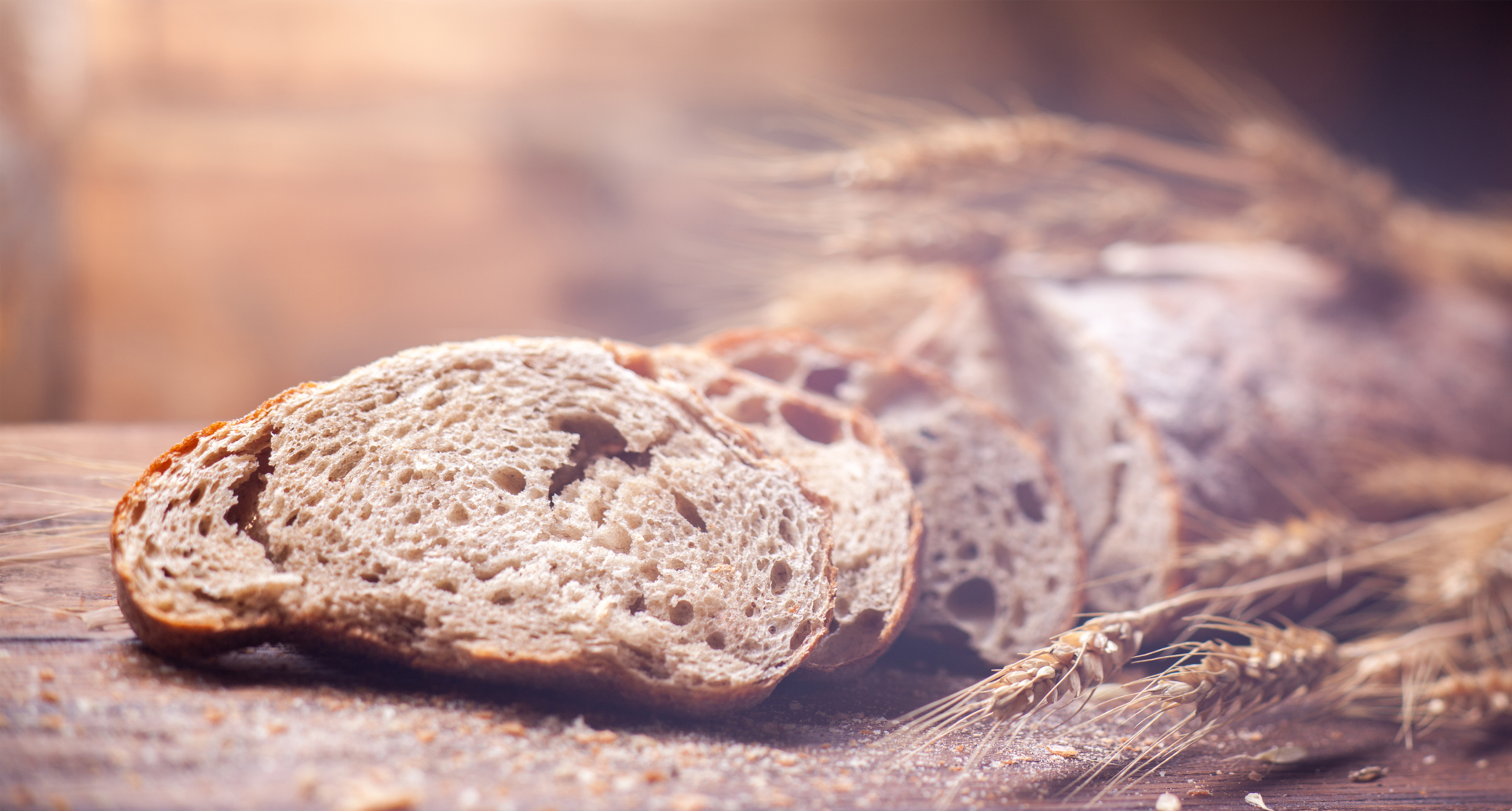The predominant genera in the human colonic microbiota are Bacteroides and Prevotella, which belong to the major phyla Bacteroidetes. Their composition and metabolic activities are largely modulated by diet and, in addition, they can also affect the metabolism of food. Prevotella is associated with plant-rich diets (high levels of complex carbohydrates and fruit and vegetable intake), whereas Bacteroides is linked to a high intake of fat and protein. Bacteroides and Prevotella species have their own specific habitats in the human body as they are antagonistic.
Prevotella is a large genus that includes almost 40 different species with a vast genomic diversity. Most can be isolated from the oral cavity and the gut, with Prevotella copri being the most abundant species in the latter. Genomes of Prevotella species may adapt to their habitat in the human body and there is large strain variability between human hosts.
It has been suggested that Prevotella is a beneficial bacteria as it is associated with a plant-rich diet, however it is also linked to chronic inflammatory conditions, such as arthritis and mucosal and systemic T-cell activation in untreated human immunodeficiency virus type 1 (HIV-1) infection.
According to a recent study by scientists from the University of Gothenburg, Prevotella may be a critical bacterium for healthy microbiota. A 3-day barley kernel diet intervention in healthy individuals improved glucose and insulin responses, but only together with an increase in the abundance of P. copri. Furthermore, treatment with live human faeces-derived P. copri (DSM 18205) in germ-free mice without a diet change led to glucose tolerance improvement by promoting increased hepatic glycogen storage.
Apart from its beneficial effects on glucose metabolism, P. copri CB7 strain (JCM 13464; DSM 18205) has been linked to chronic inflammation in individuals infected with HIV, with this being the only strain used in studies until now. As mentioned previously, however, this strain has also been linked to beneficial effects. It is therefore relevant to consider context as an important factor when assessing the effects of Prevotella on host health.
In conclusion, the genomic diversity of Prevotella strains may contribute to partly explaining the differences observed in its responses to diet and health conditions between human hosts. More research is needed in order to look further into Prevotella’s genetic potential and its interactions with its host and other bacteria for therapeutic use in clinical practice.
References:
Ley RE. Gut microbiota in 2015: Prevotella in the gut: choose carefully. Nat Rev Gastroenterol Hepatol. 2015; 13(2):69-70.
Kovatcheva-Datchary P, Nilsson A, Akrami R, et al. Dietary fiber-induced improvement in glucose metabolism is associated with increased abundance of Prevotella. Cell Metab. 2015; 22(6):971-82.


